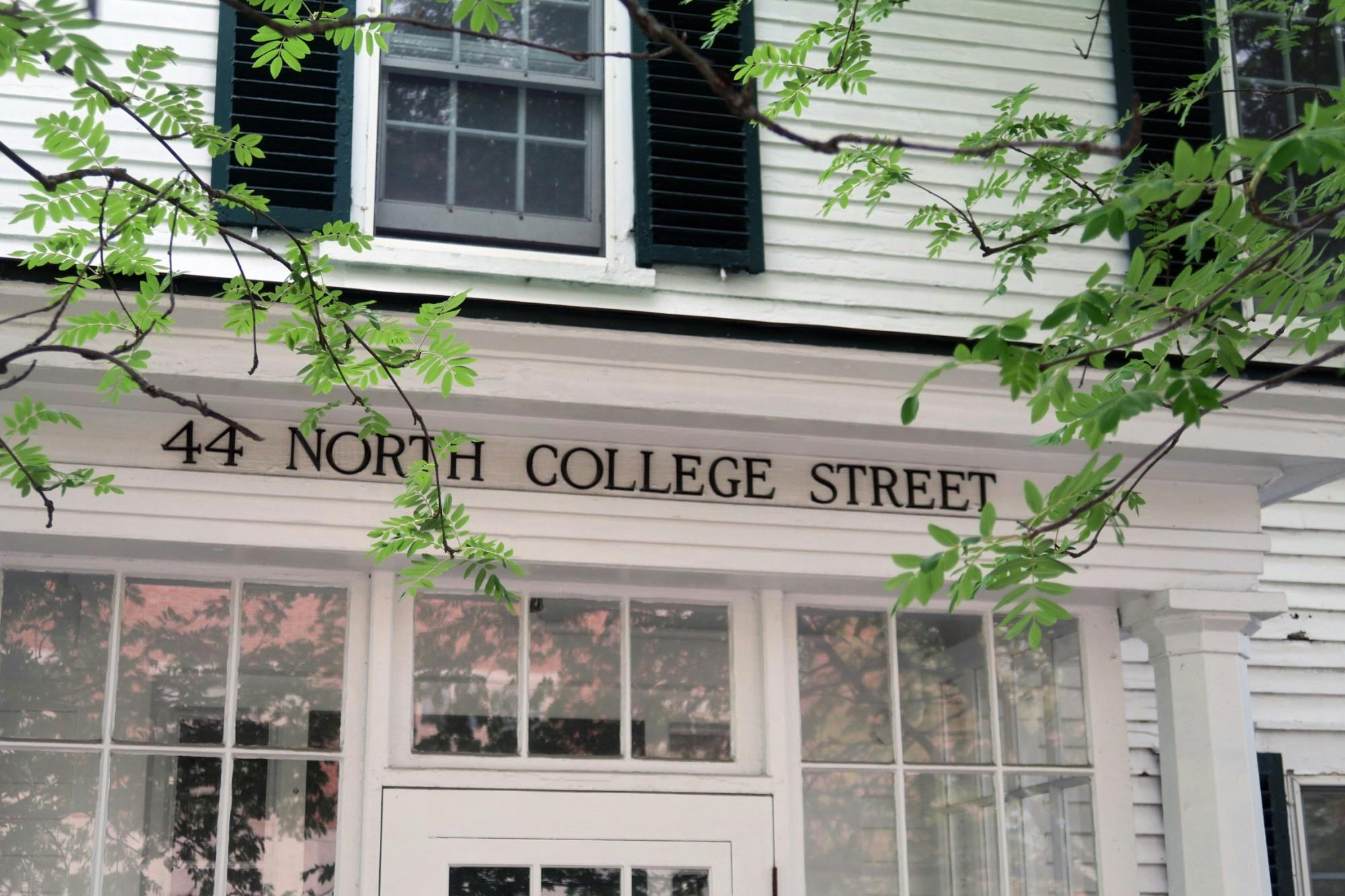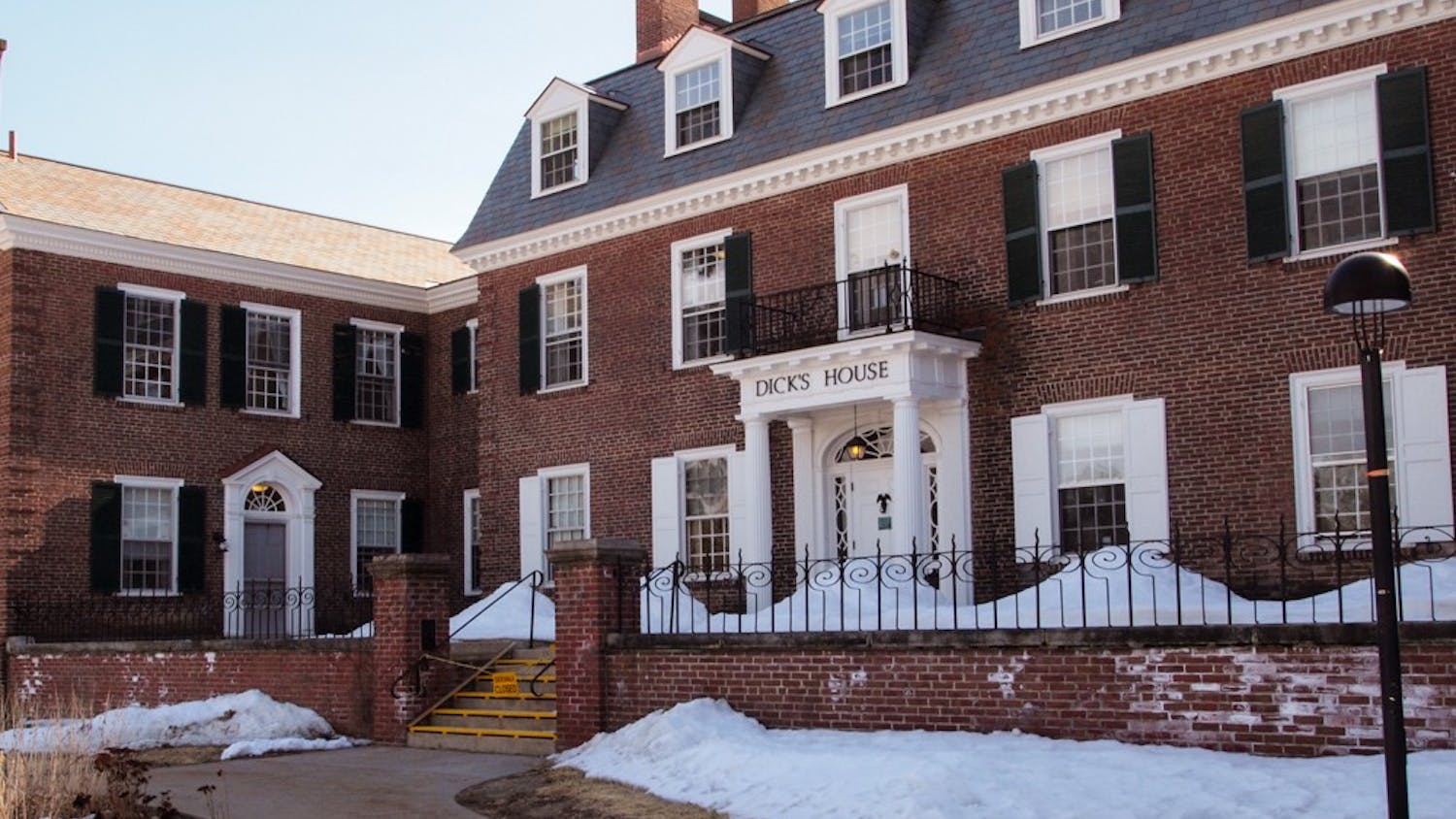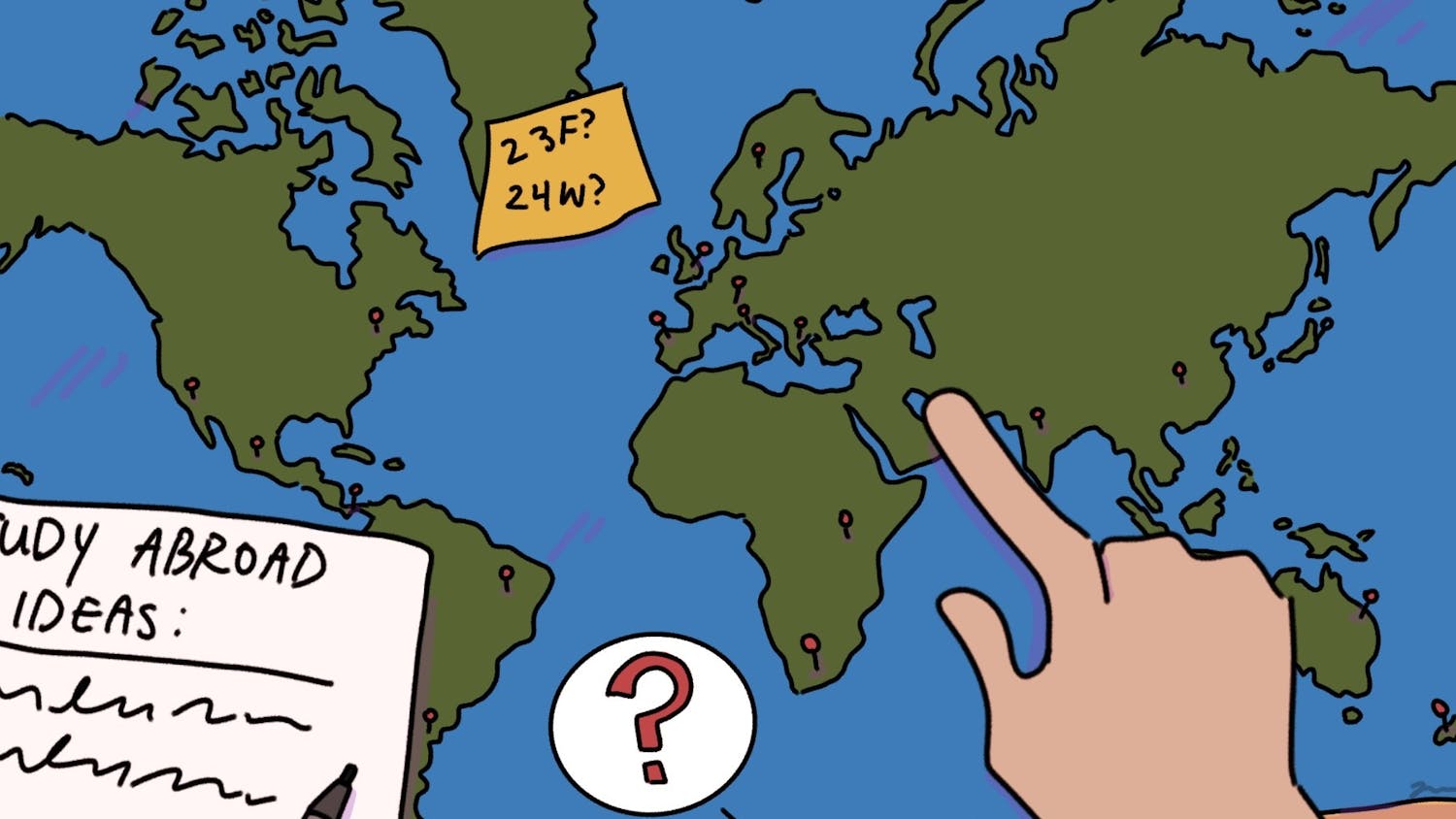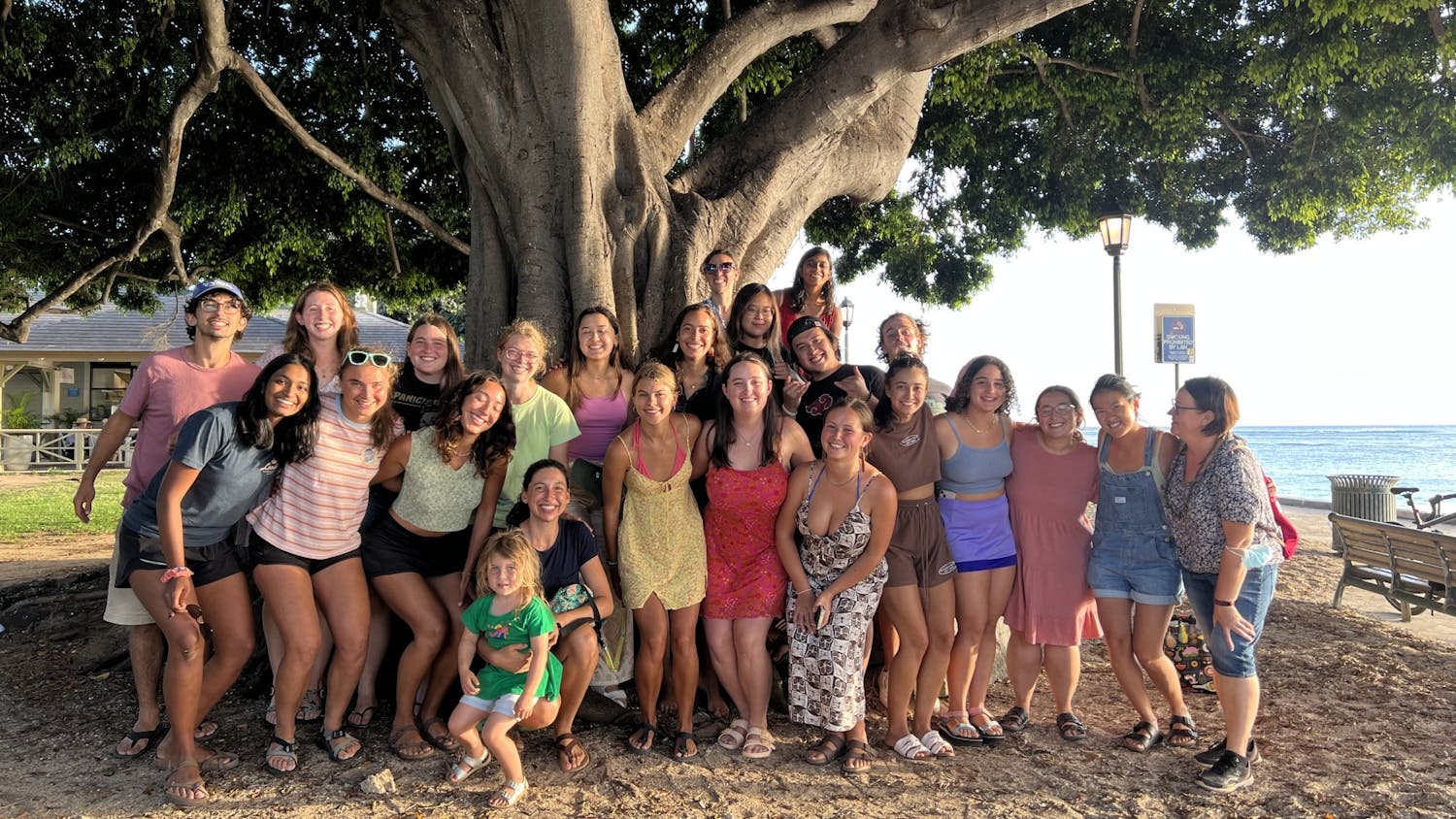The Baltic LEAP, which stands for language, energy and politics, is a new interdisciplinary Foreign Study Program developed by the organizers of the suspended Russian FSP. It will run for the first time this summer.
The program is run jointly by the East European, Eurasian and Russian studies department, the government department and the Arthur L. Irving Institute for Energy and Society. Negotiations for the program initially began in 2019, according to East European, Eurasian and Russian studies professor Ainsley Morse.
Due to ongoing Russian aggression against Ukraine, the original destination for the program, Moscow, was deemed unsuitable in 2022. However, all of the major contributors to the original program were dedicated to finding a new host, Morse said.
Over the course of the 10-week program, 16 Dartmouth students will travel to the Baltics — the countries of Latvia, Lithuania and Estonia along the Eastern Baltic coast — and attend specially-designed modules at Vilnius University in Lithuania and the University of Tartu in Estonia.
Academic director of the Irving Institute and Baltic LEAP lead organizer Amanda Graham reported that the team behind the Baltic LEAP wanted to maintain the original idea behind a program that would synthesize Russian language, governance and energy. As the program would be the first to “braid” three disciplines together, the directors looked for applicants who embodied a similar “intrepid” spirit, according to government professor and faculty director Charles Crabtree.
Kara Davis ’26, who has committed to go on the program this summer, said she is “very unfamiliar” with the Baltics as a region.
“It’s not every day that you get to go to the Baltics,” Sophia Wallace ’26 said. Wallace added that she has also committed to participate in the program this summer, citing the novelty of the region as a motivating factor in her decision to apply.
“[The Baltics] is not exactly a region that many of our students — or their families — would have experience visiting,” Crabtree said. “Many of our applicants would already be fairly drawn to trying new things. But [we wanted students] who were not just … jumping to try something new, but students who could figure out ways to explore [discomfort] that could include and benefit everybody.”
The organizing team for the Baltic LEAP program landed on the Baltics for a number of reasons.
“[The Baltic countries], taken together, can be compared to a laboratory … for understanding how to navigate energy transitions [and] the cultural and political dynamics unique to the region,” Graham explained.
Crabtree described the program as timely because there is currently a lot of activity in the region pertaining to international relations and energy due to Russian aggression. He added that tracing the Baltics’ chosen course of action against Russian aggression would be a “once-in-a-lifetime experience for the students.”
Graham said she believes it is especially important that Dartmouth students experience the Baltics now.
“There are lessons that we can only learn [from the Baltics],” Graham said. “Because for geopolitical and energy security reasons, they’ve had to accelerate their transition to stymie the challenges with their oil and gas supplies coming from Russia.”
The program consists mainly of two separate four-week modules. During the first half of the program, students will receive instruction at Lithuania’s Vilnius University. Following a weeklong stop in Latvia, they will finish the remainder of the curriculum at Estonia’s University of Tartu.
Students will have a four-day workweek, during which they will be “fully immersed” in their studies in the classroom, according to Crabtree. All participants are required to take the course “Baltic History, Culture & Regional History” taught by Professor Morse and Professor Gronas in the East European, Eurasian and Russian studies department. From there, the students will diverge to take modules oriented around their chosen track.
Government students will be enrolled in “Politics of Democratization, Identity, and Regime Change in the Baltics,” and energy students in “Baltic Energy Systems & Transition Strategies.” According to Wallace, students on the Russian language track will take two Russian courses, in addition to the broad survey course on Baltic history and culture.
Morse said that the Russian language classes will be more intensive than the ones taught on Dartmouth’s campus, with four instructional hours per day compared to one in a standard Dartmouth language course.
The objective, however, is not for students to interact exclusively with others on the same track. In an effort to encourage students to seek out cross-cultural experiences, Fridays and weekends will be reserved for excursions in the region, according to Graham.
One of the excursions planned is a visit to Narva. Geographically, the town is located near the present-day Russian border, and Morse admitted she is “curious … to experience the feeling of looking at the empire from the outside.”
While the Baltic states preserve significant Russian-speaking minorities, younger generations — those who came of age after the fall of the Soviet Union in 1991 — are less versed in the Russian language, according to Morse. Given its proximity to the Russian border, Narva has retained a higher distribution of the Russian-speaking diaspora on average.
Morse stated that understanding “language politics” of the Baltics is a non-negotiable aspect of the program.
“[Students on the Russian language track] will be exploring, experientially, the Baltic postcolonial experience through language — getting a sense for when Russian is welcome in public places and when it is less so,” Morse said. “We are confident that locals will be kind and understanding about [language barriers], and I am quite excited to see what valuable and unexpected perspectives our students will gain from this mix of the familiar and unfamiliar.”
In similar fashion to the other experiential offerings planned, Narva has “something [of interest] for everyone,” Graham said. For energy students, this manifests in an examination of the underbelly of Estonia’s “robust” coal industry. Meanwhile, government students will get to observe a microcosm of post-Soviet sociopolitical tensions. Finally, Narva will serve as a case study in how the Baltics “leverage and steward their local resources … to protect their people and their ways of life,” according to Graham.
Crabtree said he hopes that students will come away with a “renewed appreciation” of what they have previously taken for granted, since linguistic variation in the region will probably create some initial confusion for students.
“We’re so used to knowing everything and having all the information available at the tips of our fingers,” Crabtree said. “I would say there’s [something] soul-building about going to a place and being a little lost … and disoriented at times. Connection becomes valuable because it’s so hard to come by.”
Correction Appended (May 31, 4:26 p.m.): A previous version of this article incorrectly referred to the Baltics as islands. The Baltics contain islands within their territory but are not island countries. The article has been updated.




